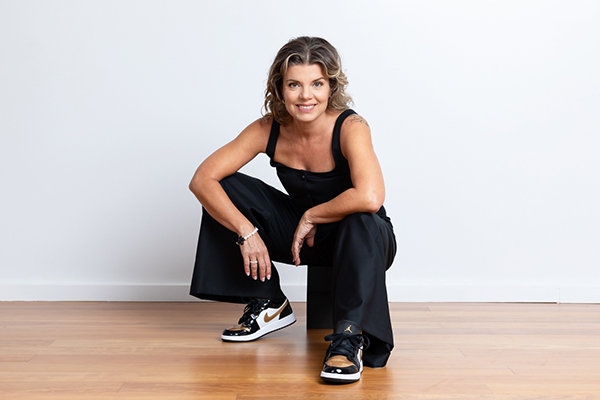Are You a Big Enough Leader?

Are You a Big Enough Leader?
Accountability is a deeply human endeavour.
And like anything truly human, it asks more of us—more empathy, more courage, more intention.
It’s easy to default to control when pressure is high. To focus on deadlines, metrics, and performance gaps. But when we reduce accountability to a checklist or a compliance tool, we miss its greatest potential.
Because accountability, done right, isn’t about holding people down. It’s about calling them forward.
And it asks us to lead differently.
What could it look like for you to lead accountability as a human endeavour? Let’s explore.
Listen here
Read here
Are You a Big Enough Leader?
Accountability is a deeply human endeavour.
And like anything truly human, it’s messy, complex, and emotionally charged. But when we choose to do accountability right – when we stop holding people to account and start calling them there – we unlock something far more powerful than compliance. We invite contribution. We create space for ownership. And we become better leaders – better humans – in the process.
Doing accountability right requires a mindset shift. From fear to confidence. From control to contribution. From “you vs. me” to “us, together.” It’s a shift that asks more of us as leaders – not just in what we do, but in who we are being.
In his recent article for Harvard Business Review, Adam Galinsky outlines three distinct roles that his research suggests is how leaders inspire others: The Visionary, The Exemplar, and The Mentor. These roles meet deeply embedded needs in each of us and offer a powerful lens for understanding what effective, human-centred accountability demands from those of us in leadership.
- The Visionary brings clarity and hope. They help others see a better future – and their place in creating it. In the accountability context, this means connecting performance conversations to purpose, and helping people understand how and why their work matters.
- The Exemplar walks the talk. They model the standards they ask of others. They lead with integrity and embody the behaviours they want to see – especially under pressure. In accountability, being an exemplar means holding ourselves to account first and being a champion for it with others.
- The Mentor fosters growth. They lean into discomfort with curiosity, not judgment. They believe in possibility and potential and they create the conditions for people to step into it. In accountability, this is the person who believes in you before you do, invites you to stretch into better, and doesn’t flinch from hard conversations – holding them with care and clarity.
When we lead accountability through these roles, it becomes something we do with people, not to them. It shifts from pressure to partnership. From compliance to commitment.
And let’s be real: this is not always easy. Staying above the line when it would be easier to blame or avoid takes self-awareness and emotional regulation. Calling people forward when we’re under pressure ourselves requires courage and intention. And being the person who invites accountability – without ego or fear – asks us to be bigger.
But this is the work of leadership. Not to rescue or reprimand, but to elevate. Not to protect people from discomfort, but to walk with them through it.
Accountability done right is an act of belief, more than that – an act of love. It says: I see the greatness in you. You can play a bigger game. And I’m here to support you to get there. It’s not soft. It’s strong. It’s about creating spaces where people rise into their potential – not retreat from it.
And it’s in service of something bigger than the task at hand – it’s in service of who we’re becoming, together. It’s how we create cultures of contribution, teams that thrive, and results that last.
So let’s lead in a way that elevates everyone involved.
Hold the space. Lead the way. And call people to account—not because you have to, but because you know they can and together we can make a difference.





